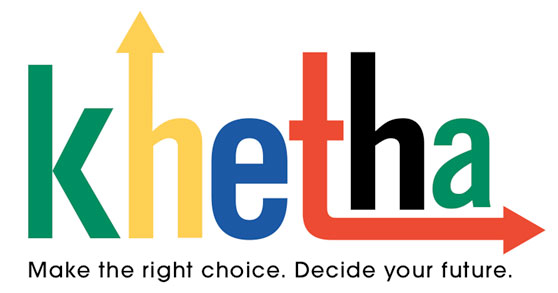Millions of young people around the world are unemployed or underemployed, while employers have jobs they cannot fill. It is a challenge partially rooted in the growing mismatch between youths’ skills and employer needs. If unaddressed, the problem will likely intensify as the Fourth Industrial Revolution (4IR) - characterized by the marriage of physical assets and digital technologies - transforms society, economies, jobs, and people’s personal lives.
The outcomes of this revolution - which is occurring in an environment of unparalleled global connectivity, unequal societies and demographic change (ageing but skilled population, migration from rural areas to cities) - are likely to perpetuate and worsen the existing chasm between those ready for 4IR and those not. For the 1.8 billion youth between the ages of 15 and 29 across the globe today, this revolution will significantly shape their roles as future workers, consumers, and competitors.
This situation is likely to become worse as Industry 4.0 transforms business and jobs faster than workers can adapt. According to Deloitte’s report “Preparing tomorrow's workforce for the Fourth Industrial Revolution” (2016), two-thirds of today’s five-year old toddlers will in a few years’ time find themselves in jobs that don’t exist today. This is further complicated by the fact that some of the jobs that exist today won’t necessarily be located where the job seekers live or will either have declined or ceased to exist 20 – 30 years from now.
Technology has allowed us to connect to the far reaches of the globe and has enabled many businesses to flourish. But if the technology cannot be harnessed to connect people to high quality education and jobs, then the repercussions could be experienced broadly. However, all is not doom and gloom because career guidance can be used as a tool that guides and empowers people on how and where they can acquire soft skills necessary for 4IR. Technology has a huge influence in labour markets which means people should embrace it in order to participate effectively in the economy. People should also consider short vocationally based skills accessible at the TVET colleges. The micro-jobs are other forms of employment that are mostly overlooked, they might not be permanent jobs but they do make a difference in one's life. People should adopt a “I am the CEO of my life” kind of approach.
Greater income inequality, increased unemployment, growing dependence on government, and more mass migrations are a few of the most pressing problems that failing to train the next generation of workers for the digitally driven economy will bring.
-
Question statements
-
What do these changes mean for career development processes and practice?
-
What are the implications of the changes on existing career development theories and models? Are these models still relevant?
-
How do we adapt current theories and models in a manner that is inclusive of all sectors of the youth population without marginalizing the disadvantaged?
-
How doe we future proof the current generation of learners from the vagaries of career displacement as their skills become gradually eroded and eventually irrelevant?
3. References
1."Global Youth Unemployment Is on the Rise Again." International Labor Organization, 24 Aug, 2016
2. Klaus Schwab, “The Fourth Industrial Revolution: What it means, how to respond,” World Economic Forum, 14 Jan 2016
3. Nicholas Burnett, Paul Isenman, Elizabeth King, and Annababette Wils, The Learning Generation: Investing in education for a changing world, International Commission on Financing Global Education Opportunity, 2016, p. 13
4. Monica Das Gupta, Robert Engelman, Jessica Levy, Gretchen Luchsinger, Tom Merrick, and James E. Rosen, The Power of 1.8 Billion − Adolescents, Youth And The Transformation of the Future, UNFPA, 2014, p. 31
5. Anna Davies, Devin Fidler, and Gorbis Marina, Future Work Skills 2020, Institute for the Future for the University of Phoenix Research Institute, 2011
6. Veronica Boix Mansilla and Anthony Jackson, Educating for Global Competence: Preparing our Youth to Engage the World, Asia Society, 2011.
7. Preparing tomorrow’s workforce for the Fourth Industrial Revolution For business: A framework for action. Global Business Coalition for Education, Deloitte
See our contact details below:
Telephone: 086 999 0123
Please call me / sms: 072 204 5056
Fax: 012 323 1138
Email: careerhelp@dhet.gov.za
Website: www.careerhelp.org.za
National Career Advice Portal (NCAP): http://ncap.careerhelp.org.za/
Facebook: www.facebook.com/careerhelp
Compiled by Phelelia Sekele

